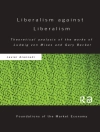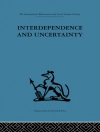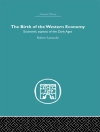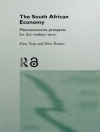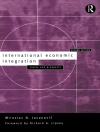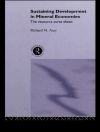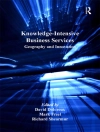What price do organizations and nations pay for a poor fit between employees and their work environments?
Negative stress imposes a high cost on individual health and well-being as well as organizational health and productivity. This comprehensive textbook examines the definitions of job-related stress and the methods used to assess levels and consequences of occupational stress, along with strategies that may be used by individuals and organizations to confront negative stress and its associated problems.
From sources of stress to organizational interventions, and from job-related burnout to coping with stress, Organizational Stress gives the reader – whether researcher, student, or practitioner – a basis for tailoring work environments which contribute to the health and well-being of individuals, organizations, and even the societies in which they live.
This new edition has been updated to reflect the most relevant research in the field of organisational stress, including a completely new chapter on stress and the brain. It also focusses on the future of work in our rapidly changing world – dealing with contemporary contexts such as the COVID-19 pandemic and the rise of the gig economy.
Christina G.L. Nerstad is a Professor at BI Norwegian Business School
Ingvild M. Seljeseth is an Associate Professor at Kristiania University College
Astrid M. Richardsen is Professor Emerita at BI Norwegian Business School
Cary L Cooper is a Professor at Alliance Manchester Business School
Philip J. Dewe is Emeritus Professor at Birkbeck, University of London
Michael P. O′Driscoll is Emeritus Professor at University of Waikato
Daftar Isi
Chapter 1: What Is Stress?
Chapter 2: Organizational Stress And The Brain
Chapter 3: Job-Related Sources Of Strain
Chapter 4: Assessing Job-Related Strains
Chapter 5: A Special Form Of Strain: Job-Related Burnout
Chapter 6: Moderators Of Stressor-Strain Relationships
Chapter 7: Coping With Job Stress
Chapter 8: Organizational Interventions
Chapter 9: Methodological Issues In Job Stress Research
Chapter 10: The Changing Nature Of Work: Implications For Stress Research
Tentang Penulis
Michael P. O’Driscoll is Emeritus Professor of Psychology at the University of Waikato, Hamilton, New Zealand, where he taught courses in organizational psychology and organizational research methods for over 35 years. His primary research interests were job stress and coping, including workplace bullying, and work-life balance, and more generally the relationship between work and health. Since his retirement in 2017 he has actively contributed to Grey Power, an organisation which advocates for the health and well-being of older people in New Zealand.


